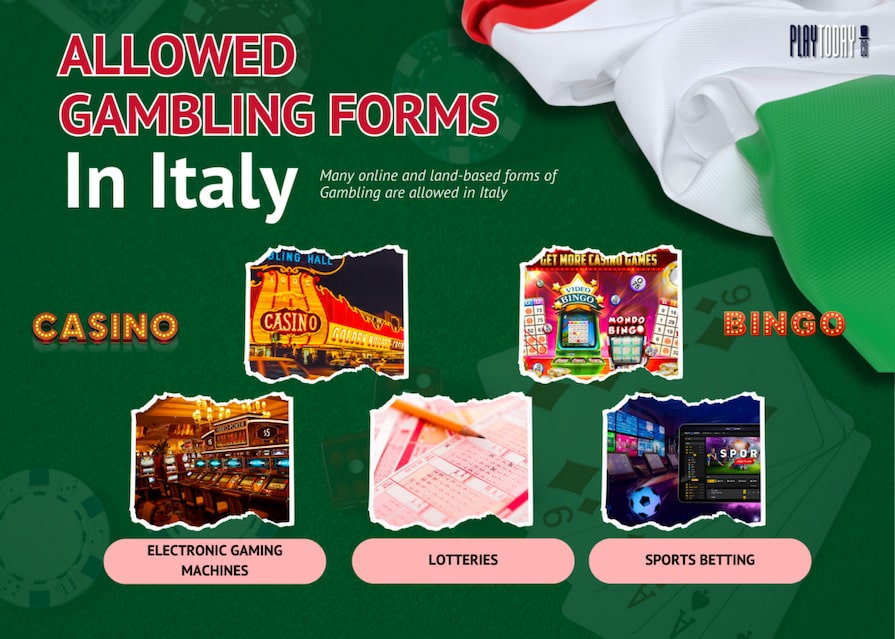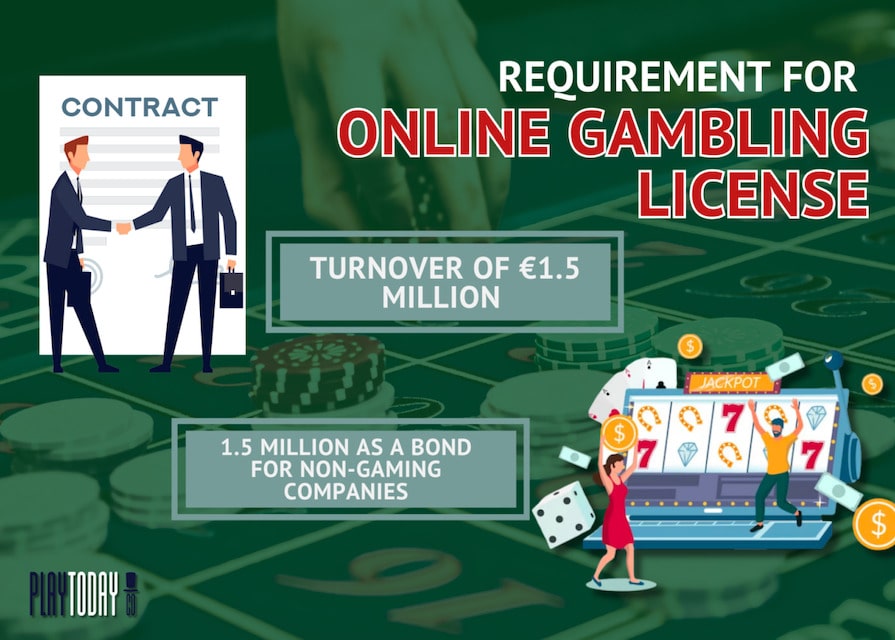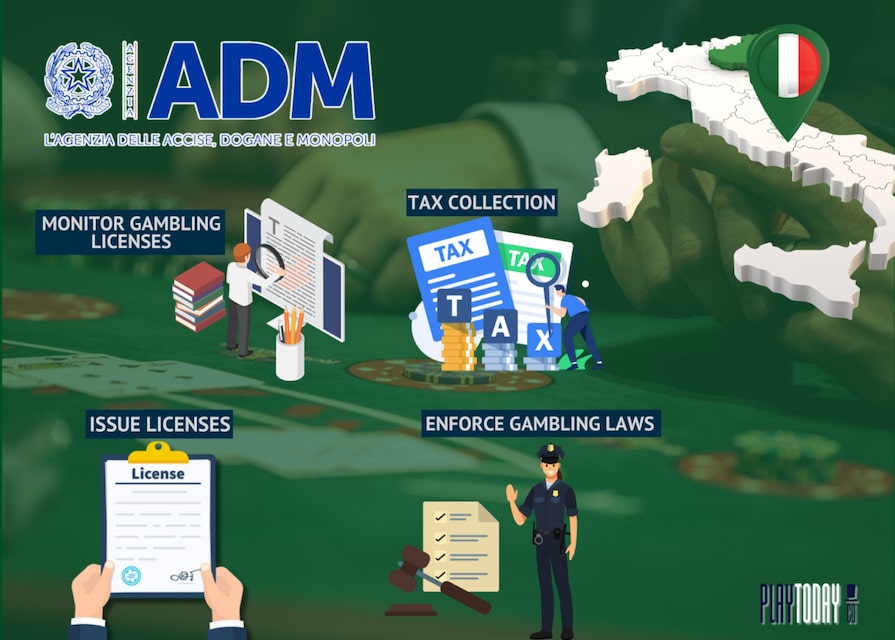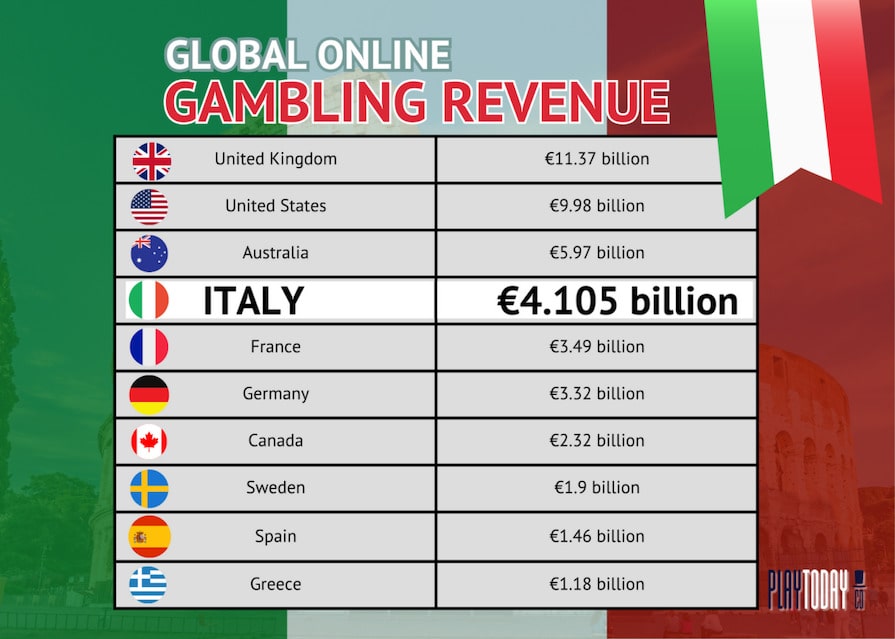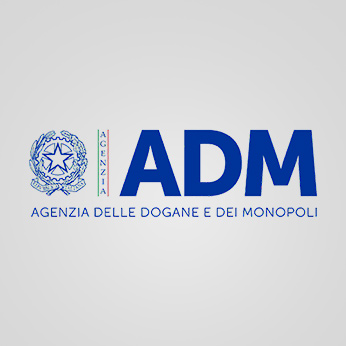

History and Legislative Framework
The Italian Gaming License is overseen by the Customs and Monopolies Agency – Agenzia delle Dogane e dei Monopoli (ADM), formerly known as AAMS. The regulatory framework began to take shape in the early 2000s when Italy emerged as one of the first European countries to establish comprehensive regulations for online gambling.
2006: Legislation permitted companies to offer betting services both in retail establishments and online.
2007: The Italian government amended the Finance Law to legalise “games of skill,” such as poker and backgammon.
2011: Casinos, online poker, and sports betting were fully launched under licences issued by AAMS. This change enabled foreign online gambling operators to provide services in Italy.
2012: The latest amendment allowed gaming halls to operate in Italy, although they remain subject to Italian licensing regulations.

The ADM serves as the governmental regulator for gambling, safeguarding the interests of the Treasury by collecting duties and resolving disputes. In doing so, it protects citizens, combats crime, and manages the sector through licensing and regulatory measures.
The Issuance of New Italian Online Gambling Licences in 2025
At the end of 2024, the validity of all remote gambling licences in the Italian market has expired. Consequently, a tender is being held in Italy for new online gambling licences. Approximately 50 licences are expected to be awarded for a duration of nine years. The cost of each licence is set at €7 million as a one-off payment, plus an annual fee of 3% of the operator’s net margin.
The government is tightening its requirements: it is restricting white label agreements (a business model whereby one company develops a product or service, and another company rebrands and sells it under its own name), and is demanding a detailed business plan with an external sustainability assessment. The aim is to select reliable operators capable of generating profits and tax revenues.
Licensees are also required to invest 0.2% of their net revenue (with a maximum of €1 million per year) in information campaigns promoting responsible gambling.
In December 2023, a draft regulation for the issuance of new online gambling licences in Italy has been developed.
Licensing Structure
The Italian licence is a multi-tiered system of permissions that encompasses various segments of the gambling market. Each licence is assigned a unique number and is strictly regulated in terms of its scope of application. The regulator meticulously monitors all aspects of the operators’ activities, from financial operations to technical requirements.
Types of Licenses
The ADM issues several types of licences, each possessing its own distinct features:
- Comprehensive licences for online casinos
- Permissions for bookmaking activities
- Licences for poker rooms
- Permissions for conducting lotteries
- Licences for land-based gambling establishments
For players and visitors eager to test their luck in the legal gambling establishments of Italy, a diverse array of gambling games is available.
The Process of Acquisition
The acquirement of an Italian gambling licence constitutes a complex, multi-stage process.
Applicant companies must meet the following criteria:
- Financial stability
- Transparency of the corporate structure
- Technical readiness
- Industry experience
- Impeccable reputation of the management
Technical Requirements
Particular emphasis is placed on the technical aspects of the company’s operation.
All gaming platforms must adhere to stringent standards:
- Protection of personal data
- Security of financial transactions
- Fairness of the gaming process
- Integration with the ADM monitoring system
- Protection from fraud
New Italian regulations regarding online gambling and licensing.
Financial Responsibility
Operators granted an Italian licence are required to:
- Maintain a minimum authorised capital
- Undergo regular financial audits
- Provide bank guarantees
- Ensure timely payment of taxes and fees
- Guarantee transparency in all transactions
Player Protection
The Italian licensing system places particular emphasis on the protection of player rights, which entails:
- Mandatory identity verification
- Self-exclusion tools
- Deposit limits
- Protection of minors
- Measures against gambling addiction
Control and Oversight
The ADM conducts ongoing monitoring of licensees’ activities, which includes:
- Regular inspections
- Analysis of financial reports
- Real-time monitoring of gaming operations
- Examination of marketing materials
- Investigation of player complaints
International Recognition
The Italian licence is regarded as one of the most prestigious in Europe due to the following features:
- High regulatory standards
- Stringent oversight of operators
- Transparency of procedures
- Effective player protection
- International recognition
The Accountability of Operators
Licensees are bound to adhere to stringent regulations, such as:
- Prevention of money laundering
- Fighting against fraud
- Safeguarding vulnerable groups
- Ensuring a fair gaming environment
- Timely resolution of disputes
The ADM verifies and confirms that traders and licensees meet the requirements of the gambling market.
Penal Sanctions
Severe penalties are imposed for violations of license conditions, including:
- Substantial monetary fines
- Suspension of operations
- Revocation of the license
- Criminal liability
- Prohibition on obtaining new permits
Development of the system
ADM continuously enhances the licensing system by undertaking monitoring activities, such as:
- Adapting to new technologies
- Updating safety requirements
- Expanding the scope of activities
- Enhancing player protection
- Optimising control procedures
Influence on the Market
The Italian licensing system has significantly influenced the evolution of the European gambling market, specifically:
- The establishment of regulatory standards
- The formation of a transparent market
- The protection of national interests
- The assurance of tax revenue
- The promotion of legitimate business
A Little Statistic Insight
- The country’s gambling market reached its peak in 2021, with the total sum of the stakes reached €111 billion.
- Casinos in Italy endure the highest tax rates among gambling activities at 20%, followed closely by bingo (and other games of chance) at 11%.
- The lowest tax rate on gambling in Italy is designated for sports betting, set at 4%.
- Italy boasts the second-largest lottery market in the world; in 2021 alone, the sector’s volume reached €6.01 billion, accounting for 6% of the global market size.
- Italy ranks as the third-largest country in the European Union for sports betting, holding a market share of 10% and a total value of €2 billion.
- It is anticipated that by 2028, the gambling market in Italy will reach €28.7 billion.
In 2021, Italy secured the fourth position among the largest online gambling markets globally, generating revenues of €4.105 billion.
Future Development
The licensing system for the conduct of gambling activities continues to evolve in the direction of:
- Digitalisation of processes
- Enhancement of player protection
- International integration
- Technological innovations
- Improvement of regulation
Conclusion
The Italian gaming licensing system represents an effective mechanism for regulating the gambling market, ensuring a balance between the interests of the state, operators, and players. The high standards and stringent oversight establish the Italian licence as one of the most esteemed within the global gaming industry.

